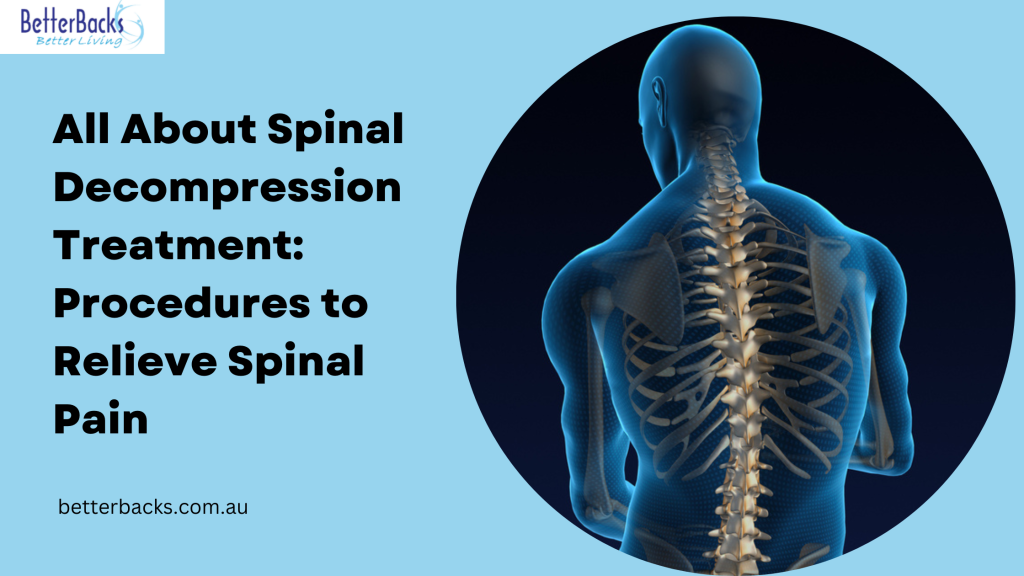Substance abuse is a multifaceted issue that impacts individuals on various levels, with one of the most significant being mental health. The relationship between substance abuse and mental health is complex and often bidirectional. While substance abuse can exacerbate existing mental health conditions, it can also precipitate the onset of new ones. Understanding the ways in which substance abuse affects mental health is crucial for developing effective prevention and treatment strategies. Here are five key ways in which substance abuse can impact mental health:
Chemical Imbalance and Neurotransmitter Dysfunction:
Substance abuse not only interferes with the delicate balance of neurotransmitters in the brain but also disrupts the intricate communication network essential for optimal brain function. Drugs and alcohol can either mimic neurotransmitters, fooling the brain into responding erratically, or they can directly interfere with the normal release and reuptake processes. For example, alcohol, acting as a depressant on the central nervous system, slows down brain activity, impairing judgment, coordination, and memory. Similarly, stimulants like cocaine and amphetamines flood the brain with excessive dopamine, leading to a temporary euphoric state followed by profound crashes in mood and energy levels. These chemical imbalances not only contribute to the development of mood disorders such as depression and bipolar disorder but also heighten the risk of anxiety disorders and psychotic symptoms.
Cognitive Impairment and Executive Dysfunction:
The ramifications of prolonged substance abuse extend to cognitive domains, manifesting as impairments in memory, attention, decision-making, and impulse control. Chronic drug or alcohol use induces structural and functional alterations in the brain, particularly affecting regions responsible for higher-order cognitive processes. These alterations often result in deficits that impede day-to-day functioning and exacerbate the symptoms of co-occurring mental health disorders. Consequently, individuals find it increasingly challenging to navigate stressors and make informed choices, perpetuating a cycle of substance abuse. Moreover, impaired executive function not only undermines treatment adherence and engagement but also reinforces maladaptive behaviors, deepening the entrenchment of addiction and exacerbating mental health deterioration.
Co-Occurrence of Mental Health Disorders:
The intertwining of substance abuse and mental health disorders is a complex phenomenon with far-reaching implications. Individuals grappling with conditions such as depression, anxiety, post-traumatic stress disorder (PTSD), or schizophrenia often turn to substance abuse as a means of self-medication or a coping mechanism to alleviate their distress. Conversely, the use of substances can exacerbate the underlying mental health issues, amplifying symptoms and complicating their management. This dual burden of co-occurring disorders presents formidable challenges for healthcare professionals, necessitating integrated interventions that address both substance use and mental health concerns concurrently. Failure to address this intricate interplay can impede accurate diagnosis, hinder effective treatment, and undermine long-term recovery efforts. At this stage, it is imperative for individuals to seek comprehensive treatment options such as medication-assisted treatment, therapy, and support groups to address both substance abuse and mental health issues holistically.
Social Isolation and Impaired Relationships:
Substance abuse casts a shadow over interpersonal relationships, diminishing social support networks and fostering feelings of loneliness, isolation, and estrangement. As substance abuse takes hold, individuals may gradually retreat from their social circles, withdrawing from family gatherings, distancing themselves from friends, and disengaging from community activities. The resulting isolation not only breeds a sense of alienation but also perpetuates a cycle of social ostracism and disconnection. Moreover, the behavioral and emotional changes wrought by substance abuse strain relationships, precipitating conflicts, eroding trust, and sowing seeds of betrayal. The erosion of social ties exacerbates existing mental health issues, amplifying feelings of desolation and despair, and impeding the path to recovery.
Increased Risk of Trauma and Victimization:
Substance abuse can increase the likelihood of experiencing trauma and victimization, further exacerbating mental health vulnerabilities. Substance-involved individuals are at heightened risk of accidents, injuries, violence, and sexual assault, both as perpetrators and victims. These traumatic experiences can exacerbate symptoms of post-traumatic stress disorder (PTSD), depression, and anxiety, creating a cycle of substance abuse as a maladaptive coping mechanism. Moreover, the stigma and discrimination associated with substance abuse can compound feelings of shame, guilt, and self-blame, further eroding mental well-being.
In conclusion, substance abuse exerts a profound impact on mental health, affecting neurochemistry, cognition, emotional regulation, social functioning, and vulnerability to trauma. Addressing the complex interplay between substance abuse and mental health requires comprehensive interventions that integrate medical, psychological, social, and behavioral approaches. Early intervention, personalized treatment plans, and ongoing support are essential for mitigating the adverse effects of substance abuse on mental health and promoting recovery and resilience. Acknowledging the connection between substance abuse and mental well-being enables the pursuit of comprehensive strategies that promote healing, empowerment, and overall wellness for both individuals and communities.
James Martin is a passionate writer and the founder of OnTimeMagazines & EastLifePro. He loves to write principally about technology trends. He loves to share his opinion on what’s happening in tech around the world.



